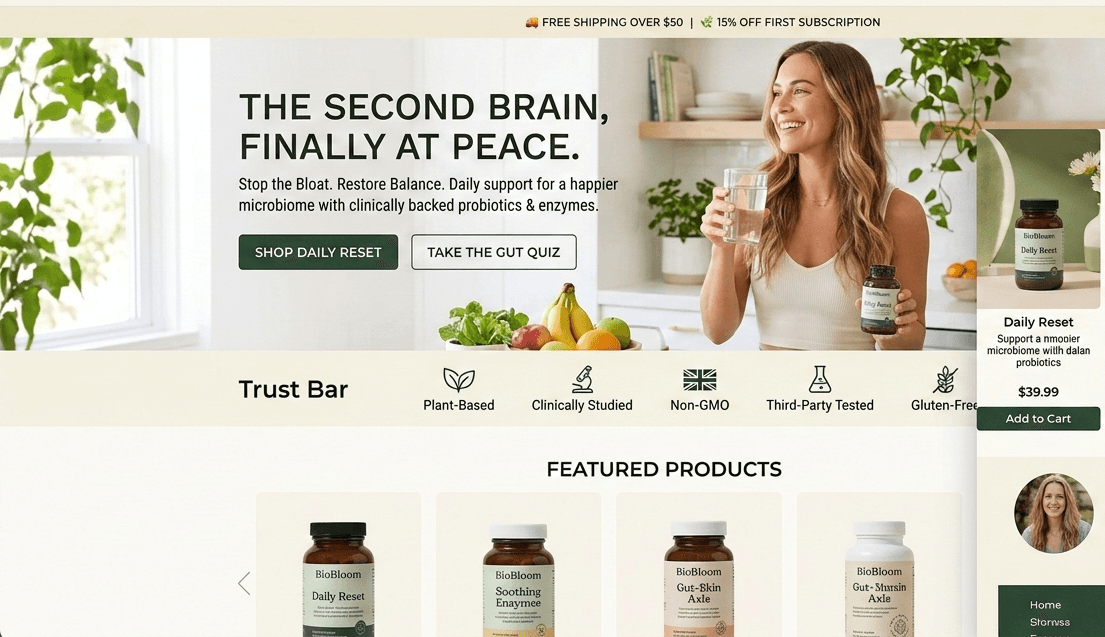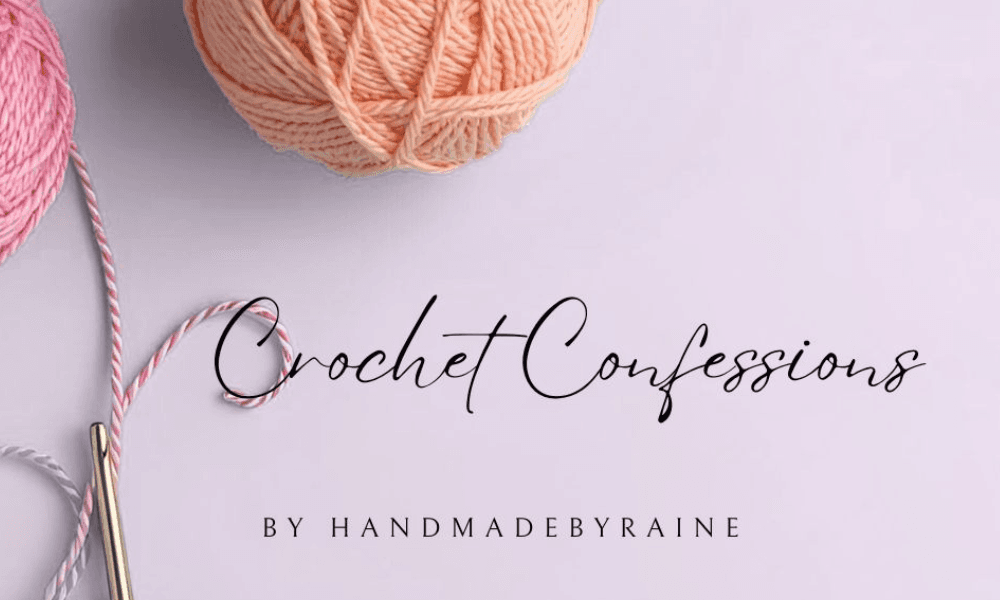Overview
HomeBase Rugs is a three-year-old eCommerce business specializing in wipe-clean, machine-washable rugs, primarily catering to the U.S. and Canadian markets. The company operates via a Shopify store and has built its revenue model on influencer marketing, with no paid ads or SEO investments. It has generated $230K in revenue and $82K in net profit over three years, with fulfillment managed through a supplier in Turkey and a self-fulfillment model in Canada.
The business presents potential opportunities for scaling via paid marketing, SEO, product diversification, and geographic expansion. However, there are significant concerns regarding customer satisfaction, operational efficiency, and revenue consistency.
Key Insights
Website Performance and Metrics:
Website Speed & Design: The site appears cluttered and unprofessional, impacting user experience and conversion rates.
Product Variation & SKUs: 29 designs available in various sizes, sourced from a single Turkish supplier.
AOV & Customer Lifetime Value: The AOV stands at $186, a reasonable figure for the niche but dependent on the quality of customer retention.
Repeat Customer Rate: Data unavailable, but negative reviews suggest low customer retention.
Website Conversion Rate: Not disclosed, but poor site design and negative reviews suggest suboptimal performance.
Brand Positioning & Customer Sentiment: The brand is positioned as a high-quality, easy-to-clean rug provider, yet Trustpilot reviews indicate a significant issue with reputation management.
Marketing & Efficiency: Reliance solely on influencer marketing is risky and limits business scalability.
Customer Acquisition Cost & Scalability: No paid ads or SEO investment, meaning growth is heavily dependent on organic influencer reach.
Product Offering & Potential for Repositioning: Expanding product lines (rug pads, new designs) and improving quality control could enhance competitiveness.
Financial Performance:
Annual Revenue: $69,558 | Annual Profit: $33,739
Profit Margin: 49%
Revenue & Profit Trends: Revenue is inconsistent, with a notable spike in December and fluctuations throughout the year.
Multiples: Revenue multiple (0.7x) and profit multiple (1.5x) suggest moderate valuation but reflect instability and the need for further due diligence.
Marketing Analysis (Paid & Organic):
Influencer Marketing: 100% of sales come from Instagram influencer promotions, limiting diversification.
Social Media Following: Instagram (5,515 followers), Facebook (916 followers) – low engagement given the business’s age.
SEO & Paid Ads: No evidence of investment, representing a major untapped growth opportunity.
Operational Efficiency:
Supplier Dependence: Sole reliance on a single Turkish supplier presents risk.
Fulfillment: Self-managed, previously outsourced. If scaling, third-party fulfillment may be required.
Ownership Involvement: Two owners manage inventory, customer service, and marketing, requiring approximately 10 hours/week.
Customer Data & Relationships:
Email List: 2,224 contacts – underutilized for retention strategies.
Customer Satisfaction: Severe issues – Trustpilot reviews (92% 1-star ratings) suggest major problems with product quality, customer service, or both.
Legal & Compliance Due Diligence:
No Mention of Trademarks/IP Protections: A potential risk if designs are not legally protected.
Returns & Refund Policy: Needs clarity – negative reviews suggest disputes over orders.
Cross-Border Trade Considerations: U.S. and Canada focus requires compliance with import/export regulations.
Challenges Identified
Severe Customer Service & Product Quality Issues: Trustpilot reviews indicate major dissatisfaction, likely impacting retention and brand reputation.
Revenue Instability: The business experiences spikes in sales (seasonality) rather than consistent growth.
Over-Reliance on Influencer Marketing: A single-channel acquisition strategy is risky, making the business vulnerable to influencer trends and algorithm changes.
Lack of SEO & Paid Advertising Strategy: No structured paid ads or organic search efforts limit scalability.
Operational Bottlenecks: Self-fulfillment may not be sustainable as order volumes grow.
Supplier Risk: Sole dependency on a Turkish supplier could cause disruptions if issues arise with production or shipping.
Recommendations
Investigate Customer Complaints: Before proceeding, engage the seller to clarify the root causes of the negative Trustpilot reviews.
Diversify Marketing Channels: Implement paid ads, SEO, and expand to TikTok/Pinterest for greater visibility.
Audit Operational Processes: Consider third-party fulfillment and alternative suppliers to mitigate risk.
Assess Product Quality & Customer Experience: Conduct test purchases to evaluate the product and fulfillment experience firsthand.
Negotiate for a Lower Valuation: Given the risk factors, a lower multiple (closer to 1.2x profit) would be more reasonable.
Demand Updated Financials: Obtain the latest profit and revenue data, especially post-holiday season, to confirm performance trends.
Clarify Seller’s Motivation: Determine why the business is being sold, especially in light of negative reviews.
Conclusion
HomeBase Rugs presents an interesting niche opportunity with strong margins (49%) and potential for growth via paid marketing, SEO, and product expansion. However, the negative customer sentiment, revenue instability, and operational inefficiencies introduce significant risks that require further investigation.
We strongly recommend deeper due diligence, particularly around customer service complaints and product quality, before making an acquisition decision. If these risks can be mitigated and the business is acquired at a more favorable valuation, it has scaling potential with improved operations and a stronger marketing strategy.

















